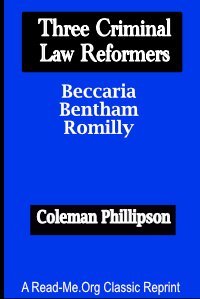By Kenneth D. Tunnell
The major issues explored through this study were the motivation to commit property crimes, alternatives to crime commission, neutralization of fears during criminal decision making, and decision making processes. During the analysis of the data, five basic themes emerged. Offenders typically decided to commit crimes by using one or more neutralization techniques, most frequently alcohol or drugs, that aided them in the decision making and in the actual crime commission. Persistent criminals did not give any thought to the potentially negative consequences of their actions. The decision making types explicated in this study characterize individuals who are problematic for society, the judicial system, and the other people whose lives they disrupt. The study found that offenders typically specialized in one type of crime for a period of time, then moved on to another specialty area. Finally, the results indicated that these offenders committed a disproportionate number of crimes because they lacked other alternatives. The author maintains that these findings dispute the generally accepted view of the effectiveness of deterrence and instead point to needed policy changes in the areas of wealth redistribution, educational reform, and structural changes in the criminal justice system.
Nelson-Hall Publishers / Chicago, 1992, 191p







